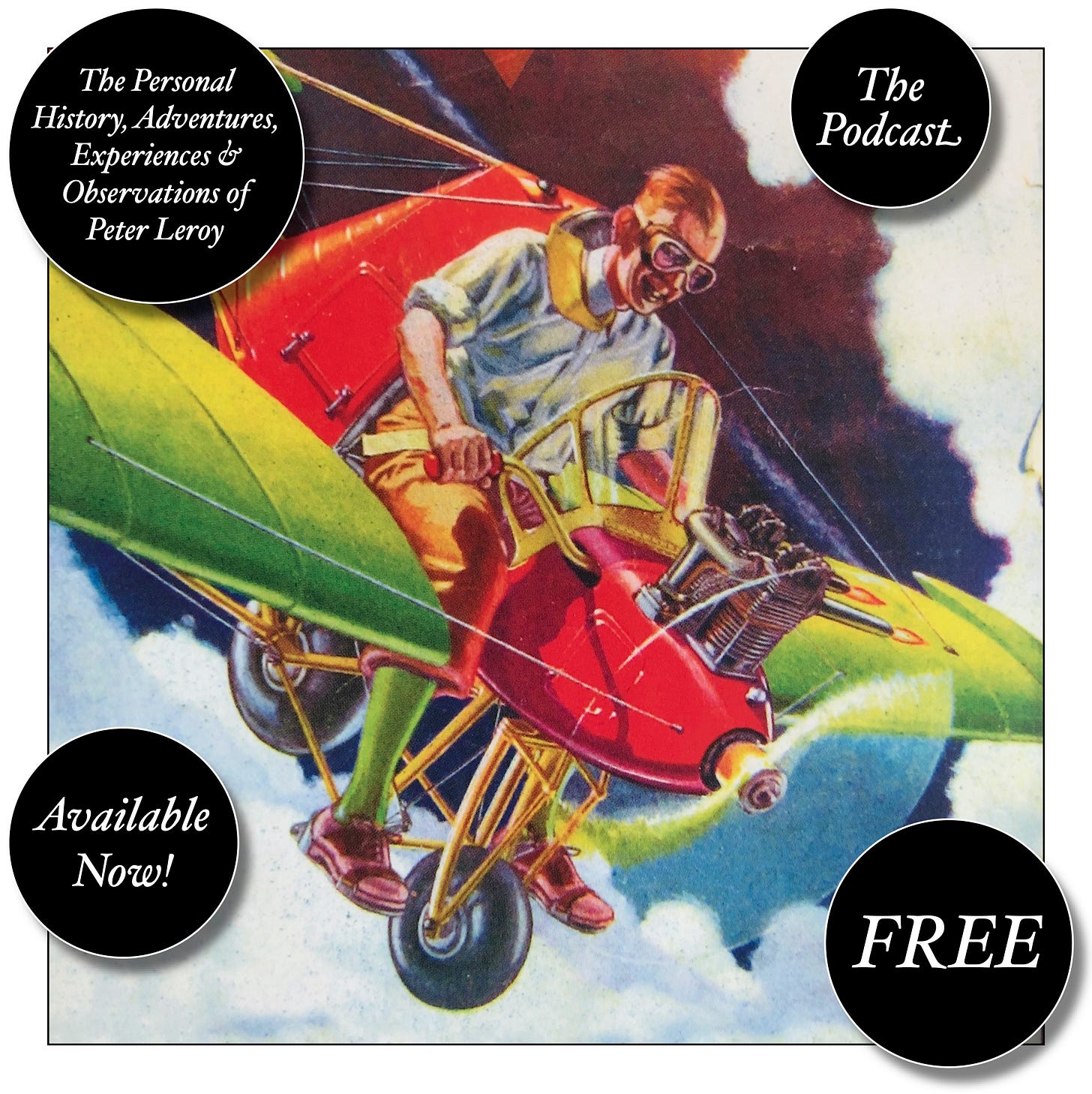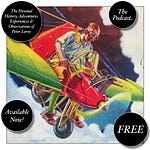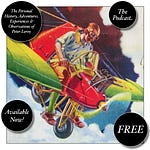“What do you think, Sylvester?” asked Miss Rheingold, glancing again at the class list.
“Biff,” said Biff.
Behind me, Nicky Furman said, “Sylvester?”
“All right,” said Miss Rheingold. “Biff.”
Biff said, “Millions of miles?”
“What do you think, Matthew?” asked Miss Rheingold.
“To infinity,” said Matthew. He seemed to be having a little trouble hiding a yawn.
“Do you know what infinity is?” asked Miss Rheingold.
“Sure,” said Matthew. He was so eager to demonstrate how easy all of this was for him that he nearly sneered. “Infinity is—”
“Rose?” said Miss Rheingold.
Matthew’s mouth remained open. His eyes widened.
“Spike,” said Spike.
“Spike?” said Miss Rheingold.
“Spike,” said Spike.
“Okay,” said Miss Rheingold. “Spike?”
“What?” asked Spike.
“Do you know what infinity is?” asked Miss Rheingold.
“No,” said Spike.
This made Miss Rheingold pause, but it didn’t diminish her enthusiasm. “Well,” she said.
She paused for just a moment, as if she were gathering her thoughts, but a glazed, ecstatic look came over her eyes, and when she began to speak, her voice had in it a breathless tremor that I recognized: she was thrilled.
“Infinity is really anything that is not finite,” she said, “but I know that doesn’t seem like much of an answer. In this case, you can think of infinity as a place so far away that it can never be reached. We can approach it, but we can never reach it. In the most general sense, infinity is any limit we can approach but can never reach. You know how a sequence of numbers increases.”
We didn’t, but years of schooling had taught us that we would have been fools to let her know. Instead we nodded our heads and made the confirmatory noises we’d learned to make to give the appearance of understanding—mmm, ahhh, uh-huh.
“Well,” she said, apparently fooled, “a sequence like that approaches infinity if there is no limit on how large the numbers in it can become.”
“Ahhh!”
“Of course, there are other kinds of infinity, too. There is an infinite number of points in a line.”
“Mmmmm.”
“And there’s an infinite number of prime numbers, too.”
“Sure.”
“And, of course, the infinity of points in a line is identical to—but of a greater order than—the infinity of prime numbers.”
“Uh-huh.”
“Isn’t that something?”
“Heh-heh.”
“Infinity is also the place where parallel lines meet. What do you think of that? How can that be? How can infinity be at all? How can there be no end to something? How can parallel lines meet? Isn’t this fascinating?”
“Mm-hmmm.” We were exhausted. She was going too fast for us even to nod along in phony comprehension. Suddenly, her pace slackened, like that of a runner in a dream who suddenly sinks into a landscape of syrup.
“I used to love to think about infinity when I was a girl,” she said, as if recalling an old boyfriend. “My friends and I used to lie on our backs and look at the stars and wonder how big the universe was and what was at the edge of it. The universe isn’t infinite, though, Matthew. Of course, it’s hard to say just how extensive it is, especially since space—well, space-time really, but we’ll get into that later in the year—is probably curved, but anyway isn’t it amazing to think that the universe has an end? If there is an end, then what is it? A wall? Okay, then, what’s on the other side? Isn’t this exciting? My friends and I used to love to ponder that one. Don’t ideas like these send little shivers down your back, just thinking about them? Don’t you feel a kind of nice wiggly feeling down in your—well, forget that. Anyway, these are some of the Big Questions, and Big Questions like these are what we’re going to be exploring together this year.”
Then, swept away by her passion for the Big Questions, she did two extraordinary things. She sat on her desk and she crossed her legs. Neither was done at that time. No male teacher would have sat on his desk or crossed his legs, but it was at least conceivable that he might. It was unthinkable behavior for a female teacher. To Miss Rheingold, the legs she crossed may have been merely legs, but in the moment of her crossing them they filled the room like the dazzling burst from a flashbulb. They were all that we could see, and their afterimage lingers in my mind’s eye still. Say “legs” to me, and it’s Miss Rheingold’s legs I see.
[to be continued]
In Topical Guide 581, Mark Dorset considers Infinity; and Universe, The: Bounded (Closed, Finite) or Unbounded (Open, Infinite)? from this episode.
Have you missed an episode or two or several?
You can begin reading at the beginning or you can catch up by visiting the archive or consulting the index to the Topical Guide. The Substack serialization of Little Follies begins here; Herb ’n’ Lorna begins here; Reservations Recommended begins here; Where Do You Stop? begins here.
You can listen to the episodes on the Personal History podcast. Begin at the beginning or scroll through the episodes to find what you’ve missed. The Substack podcast reading of Little Follies begins here; Herb ’n’ Lorna begins here; Reservations Recommended begins here; Where Do You Stop? begins here.
You can listen to “My Mother Takes a Tumble” and “Do Clams Bite?” complete and uninterrupted as audiobooks through YouTube.
You can ensure that you never miss a future issue by getting a free subscription. (You can help support the work by choosing a paid subscription instead.)
At Apple Books you can download free eBooks of Little Follies, Herb ’n’ Lorna, and Reservations Recommended.
You’ll find overviews of the entire work in An Introduction to The Personal History, Adventures, Experiences & Observations of Peter Leroy (a pdf document) and at Encyclopedia.com.














Share this post